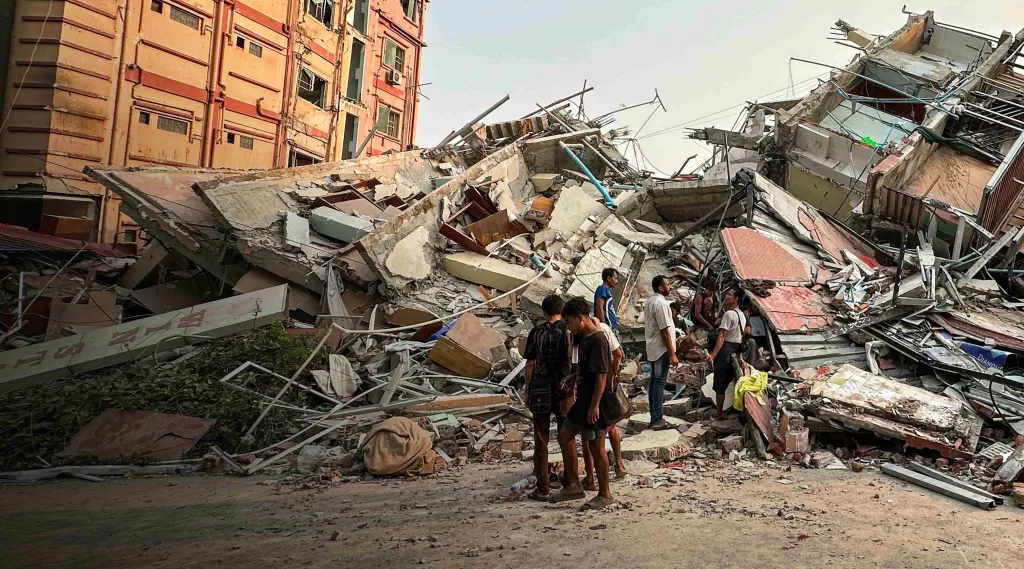
Myanmar
Earthquake
Appeal
Myanmar
Earthquake Appeal
Six months on from the earthquake in Myanmar, your donations are helping people rebuild their lives, but the needs are still huge. Please donate now.
Key facts about the Myanmar earthquake

17 million
people affected, with hundreds of thousands displaced

1 in 3 houses
in Sagaing - the worst hit area - have collapsed

£27 million
raised including £5 million matched by the UK Government

240,000
people reached with support in the first three months
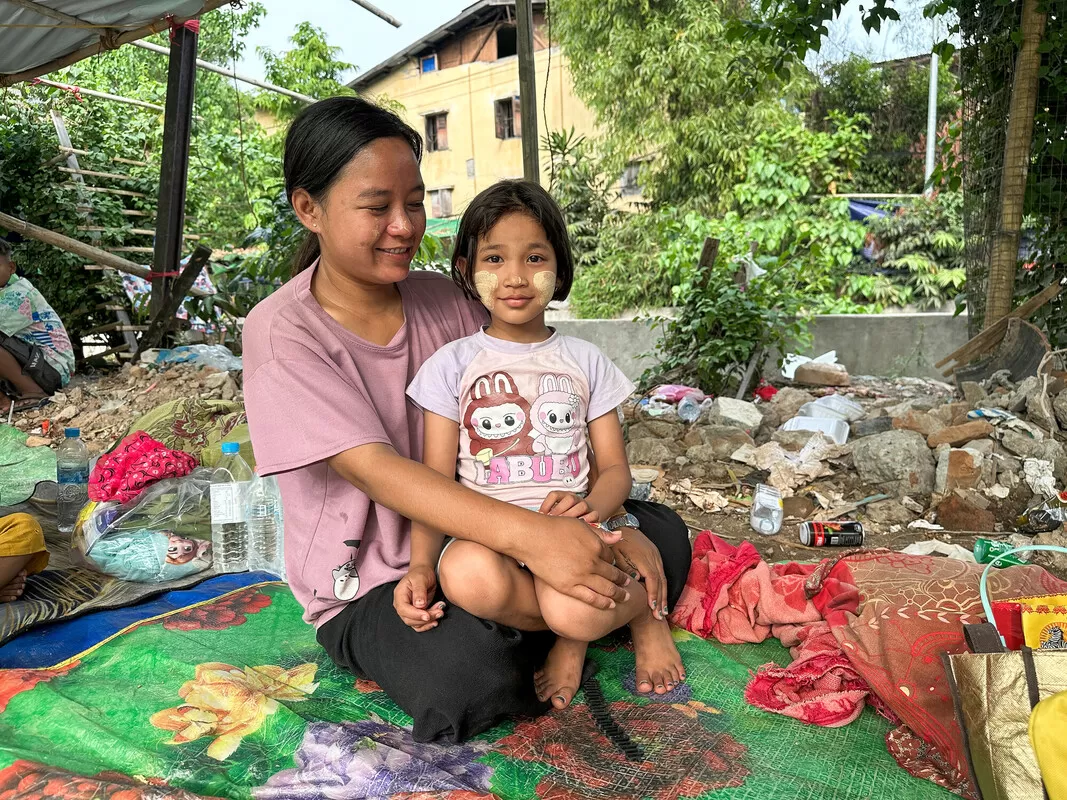
Ohma* sits with her daughter Opame* in a makeshift shelter where they are staying after being displaced by the earthquake in Myanmar, 8 April 2025. Image: Arete/DEC
How DEC charities are supporting those affected
Before the earthquake struck Myanmar on 28 March 2025, the country was already in crisis, with a third of the population, 19.9 million people, in urgent need of humanitarian support. Now millions more are in need.
Despite the many challenges delivering aid within this context, DEC charities are working with their local partners to support the most vulnerable. Many already had a presence in the country before the earthquake.
Find out more on how DEC charities are supporting those affected.
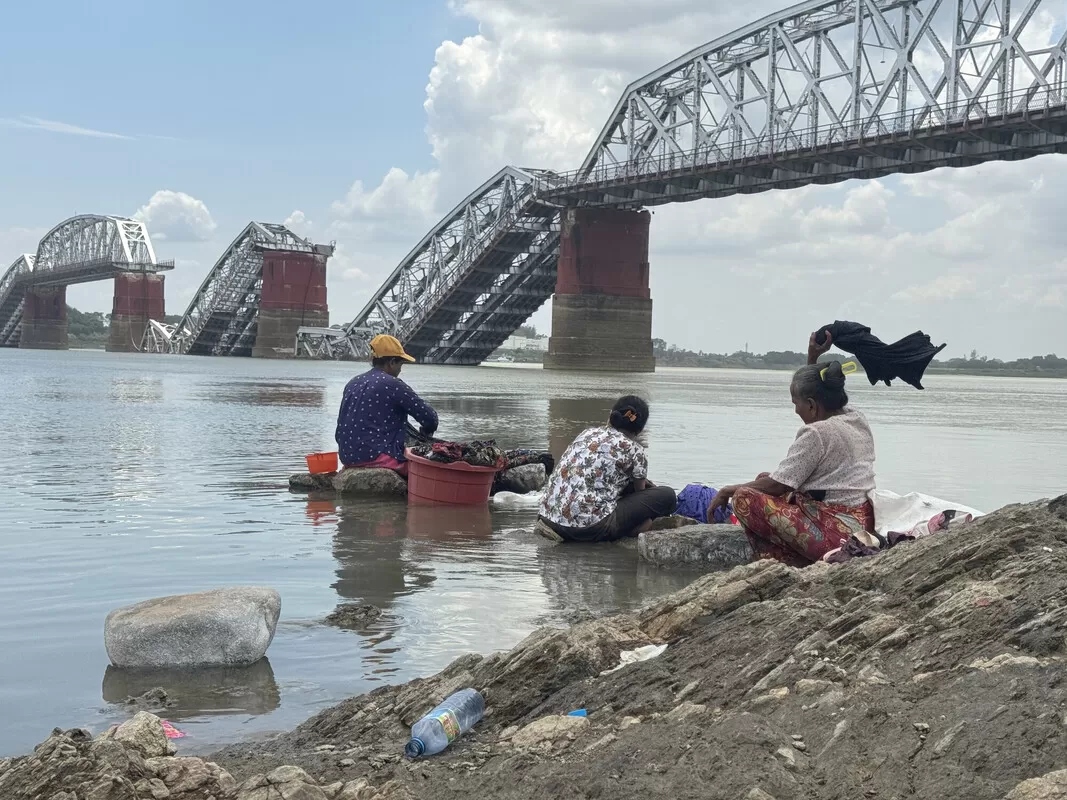
People wash their clothes near a collapsed bridge in Myanmar after the earthquake destroyed vital infrastructure and cut communities off from essential services. Photo: CARE Myanmar
Photo gallery
A collection of images from the first three months after the powerful 7.7 magnitude earthquake devastated parts of Myanmar.
The images show the destruction caused by the disaster, the reality of living conditions faced by millions, and also the impact donations to the DEC Myanmar Earthquake Appeal are making to some of those who have lost so much.
APPEAL NEWS
Latest news from the Myanmar Earthquake Appeal.
Jump to
Six months on, DEC Myanmar Earthquake Appeal raises over £27 million
25 September 2025
The humanitarian needs remain huge, with widespread destruction still affecting cities, towns and villages.
Six months on from the disaster, many people are living in temporary shelters, with little access to healthcare, clean water and other essential services.
The DEC Myanmar Earthquake Appeal has raised more than £27 million* since it launched in response to the crisis, and donations continue to support people impacted by the earthquake as they begin to recover, rebuild and look towards the future.
The Scotsman: Remembering 100 days on from a catastrophic disaster
6 July 2025
Scottish news outlet The Scotsman marks 100 days since earthquakes devastated Myanmar.
In the article, DEC Director of Programmes and Accountability, Madara Hettiarachchi said:
"All donations are a simple, yet powerful act of global citizenship, allowing our members and their partners to respond flexibly for many months to come as families and communities start to recover and think towards the future."
The Myanmar Earthquake Appeal has raised £2.3 million Scotland and £26m UK wide.
Over £26 million raised so far but needs remain huge
24 June 2025
Over £26 million has been raised for the DEC Myanmar Earthquake Appeal.
Nearly 3 months on from the earthquake, people are living without access to safe shelter, clean water, food and medical care.
Needs remain huge and aid delivery tricky in the context, but despite the challenges, DEC charities and their local partners are reaching some of the most vulnerable with lifesaving support.
In Myanmar currently:
- 17 million people affected by the earthquake – across 58 townships.
- 19.9 million people – a third of the population – already needed humanitarian support before the earthquake.
- 1.8 million people are being targeted by DEC charities for assistance in the worst earthquake affected areas.
Thank you for your help so far. DEC charities are responding in Myanmar now and your donations are key to supporting those affected by the earthquake.
Myanmar hit by fresh earthquake during hundreds of aftershocks
13 April 2025
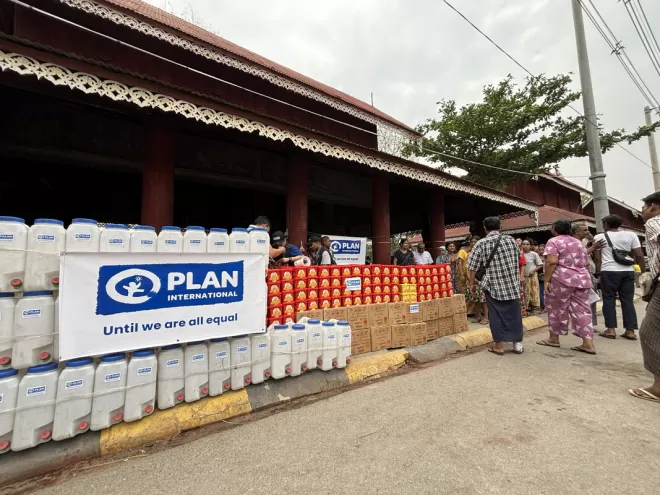
Plan International distributes jerry cans and boxes of biscuits to earthquake affected communities
The Independent has reported that on Sunday 12 April, central Myanmar was struck by a 5.5 magnitude earthquake as the Thingyan festival began, Myanmar’s traditional New Year celebration.
It is reported that the epicentre of Sunday's quake was located approximately halfway between Mandalay, Myanmar's second-largest city, and the capital, Naypyitaw.
DEC charities are on the ground in affected communities and are working hard to access remote areas.
Myanmar Earthquake Appeal raises over £16 million in its first week
10 April 2025
The generous UK public has helped to raise over £16 million for the Disasters Emergency Committee’s (DEC) Myanmar Earthquake Appeal in its first week, as the full extent of the support required emerges.
UN OCHA figures show that of 17 million people affected by the earthquake, there are 6.3 million in the worst affected areas, with 5.2m needing shelter and 3.9m requiring food assistance.
Phoebe Naw, World Vision Advocacy & Communications Director in Myanmar, said: “I’ve seen many families—including mothers and children—sleeping outside on the pavements at night. Sleeping outside leaves them exposed and unsafe, and if it rains, it is even worse.
How DEC charities are supporting people in Myanmar
7 April 2025
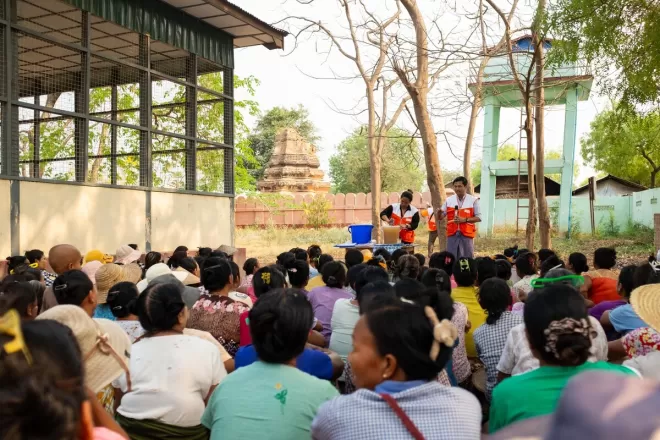
DEC charity World Vision visits communities to deliver water purification. Image: Nyi Thit
Following the earthquake in Myanmar, the full scale of the earthquake’s impact will take time to emerge, but some immediate impacts include:
- More than 3,500 people confirmed dead
- More than 5,000 people injured
- Around 1 in 3 houses in Sagaing – the worst hit area - have collapsed
- At least 120,000 buildings have been destroyed
Despite the many challenges, DEC charities have worked in Myanmar for decades and have a strong local partner base, rooted in the affected communities and able to rapidly respond. Find out more below.
Scotland raises £1 million in 24 hours for Myanmar Earthquake Appeal
6 April 2025
The Scotsman have reported a man from Myanmar now living in Glasgow has warned people in his home country are “suffering a lot” as an emergency fundraising drive raised £1 million in Scotland in just 24 hours.
Jamie Livingstone, head of Oxfam Scotland and spokesman for the DEC in Scotland said: “This earthquake has torn apart lives. As temperatures soar in Myanmar, many people are living with no shelter to protect them."
Adding: "The support and solidarity of the Scottish public will allow DEC charities to deliver critically needed support to those who need it most. Thank you to everybody who has donated so far.”
Mirror: Mum's desperate wish for two-week-old newborn baby made homeless by Myanmar earthquake
6 April 2025
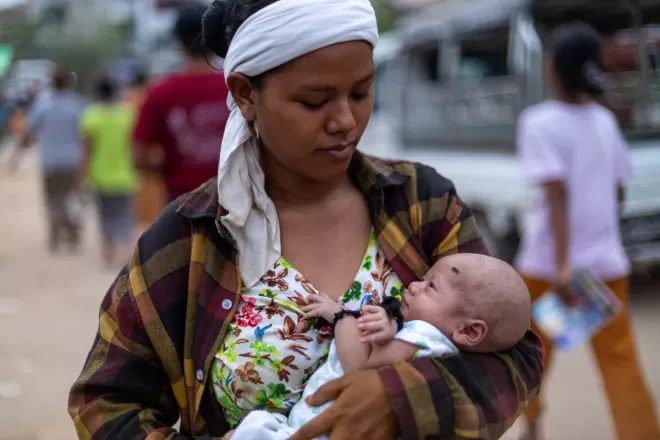
Thida with her newborn baby. Image: Arete/DEC
The Mirror online tells the story of Thida, who gave birth to her baby just days before the 7.7 magnitude earthquake hit, which has reportedly killed more than 3,500 people and injured over 5,00 in Myanmar.
In Myanmar, more than 150,000 regnant women are living in areas impacted by the earthquake, with a further 17 million affected.
Read the full story below.
DEC Myanmar Earthquake Appeal raises £10 million
5 April 2025
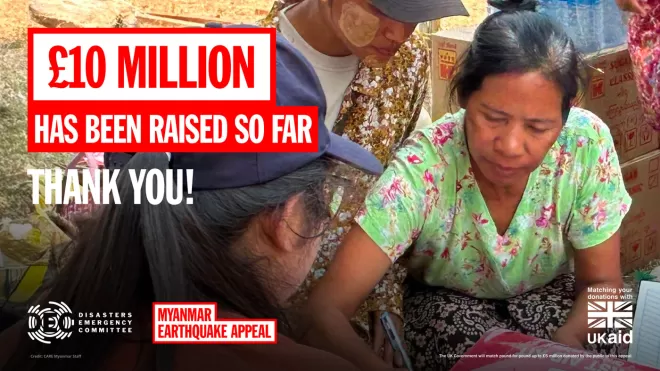
DEC Myanmar Earthquake Appeal raises £7.5 million on first day
4 April 2025
The UK public have rallied to support the Disasters Emergency Committee’s (DEC) Myanmar Earthquake Appeal, which has raised £7.5 million on the first day.
The appeal total includes a generous donation from Their Majesties The King and Queen, who are regular supporters of the DEC’s appeals, and impressive donations from the UK public and DEC corporate partners.
Donations to this appeal from the public are still being matched, pound for pound by the UK government up to £5 million, as part of its UK Aid Match scheme.
ITV DEC Myanmar Earthquake Appeal with Simon Pegg
3 April 2025
BBC DEC Myanmar Earthquake Appeal with Hugh Dennis
3 April 2025
DEC launches Myanmar Earthquake Appeal
3 April 2025
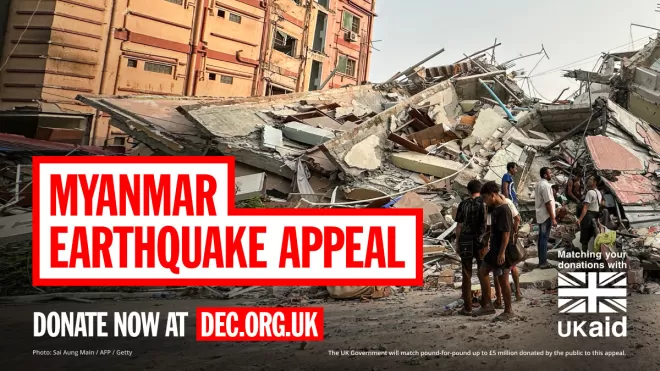
The Disasters Emergency Committee launched the Myanmar Earthquake Appeal to raise urgent funds to help people impacted by the devastating earthquake in Myanmar, which has killed more than 3,085 people people, and injured thousands more.
Saleh Saeed, DEC chief executive said: “The devastation in Myanmar is heartbreaking, with thousands of people suddenly losing loved ones in the most shocking of ways. Myanmar was already in the grip of a severe humanitarian crisis. Now, the situation is ever more critical, with many impacted by this earthquake unable to access shelter, clean water and medical care."
Every pound donated by the British public will be matched by the UK Government through its UK Aid Match scheme, up to the value of £5 million.












